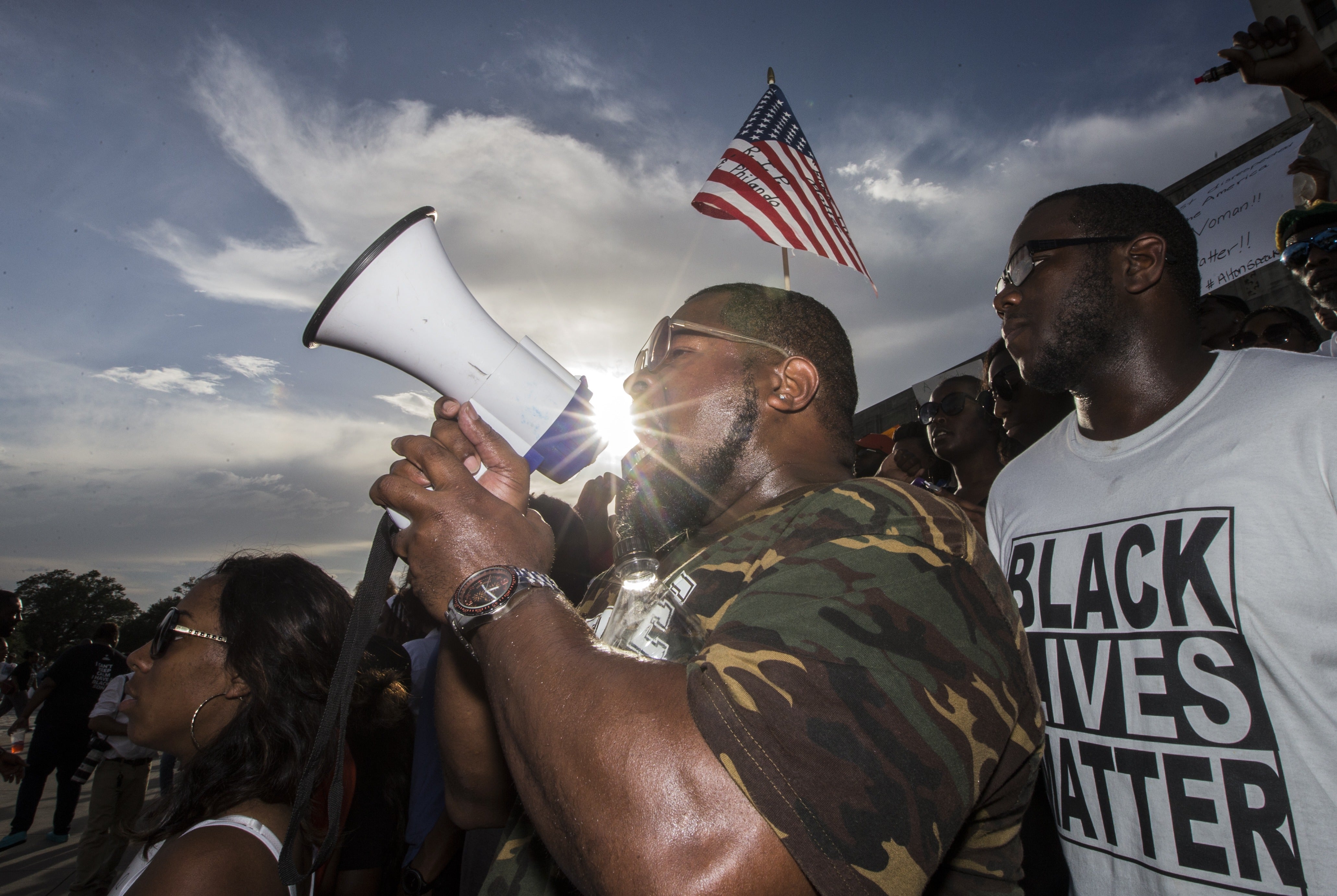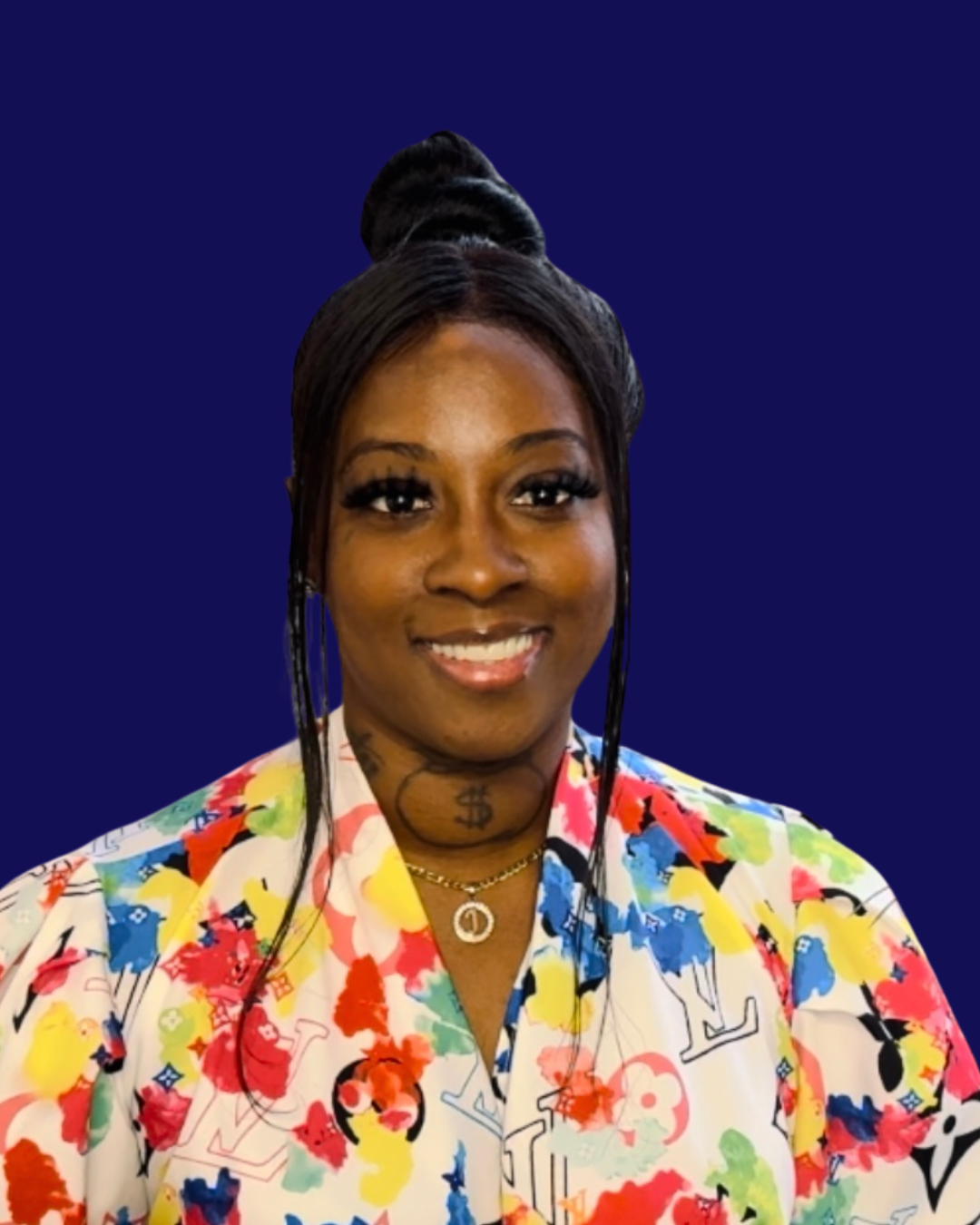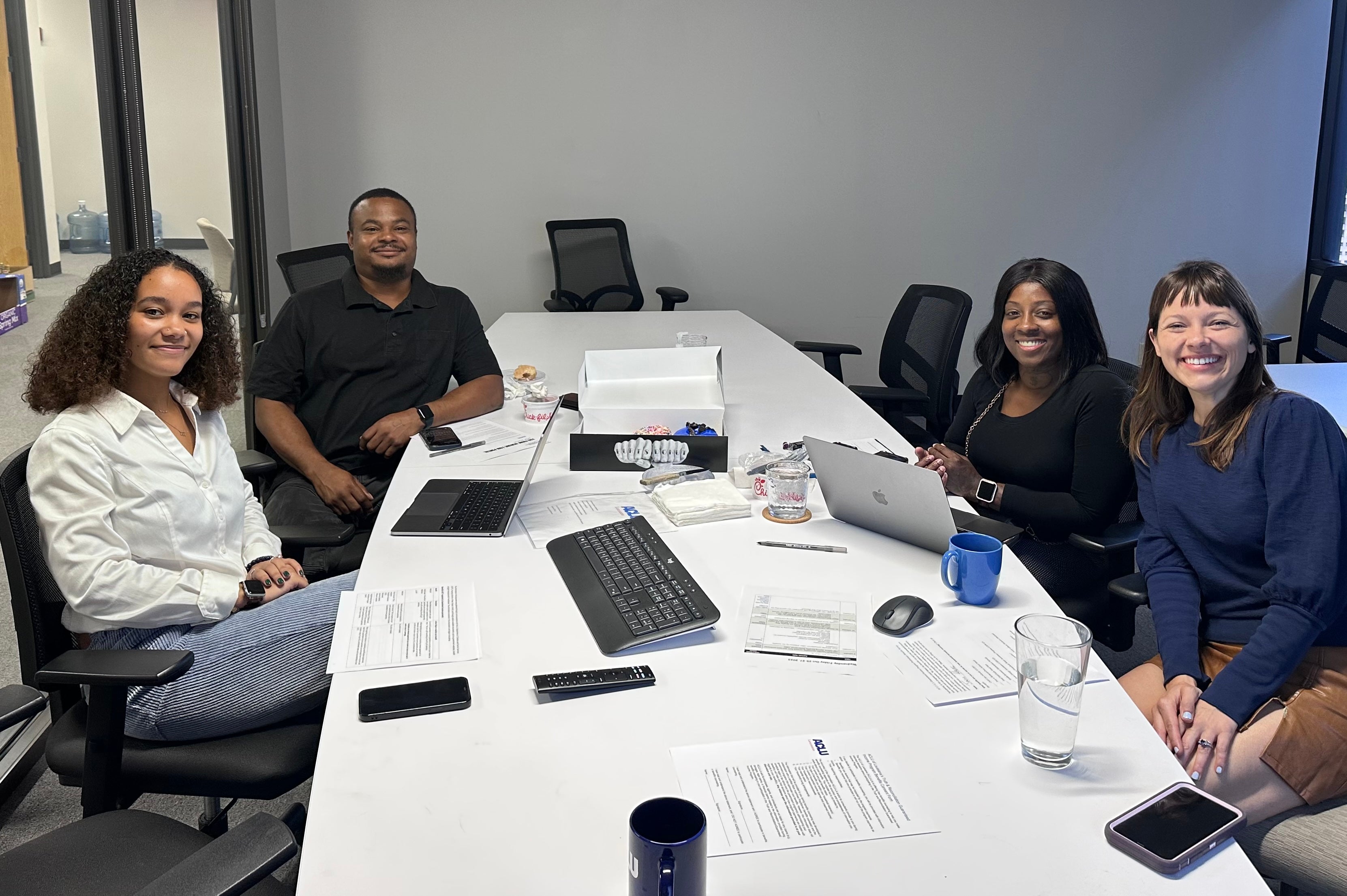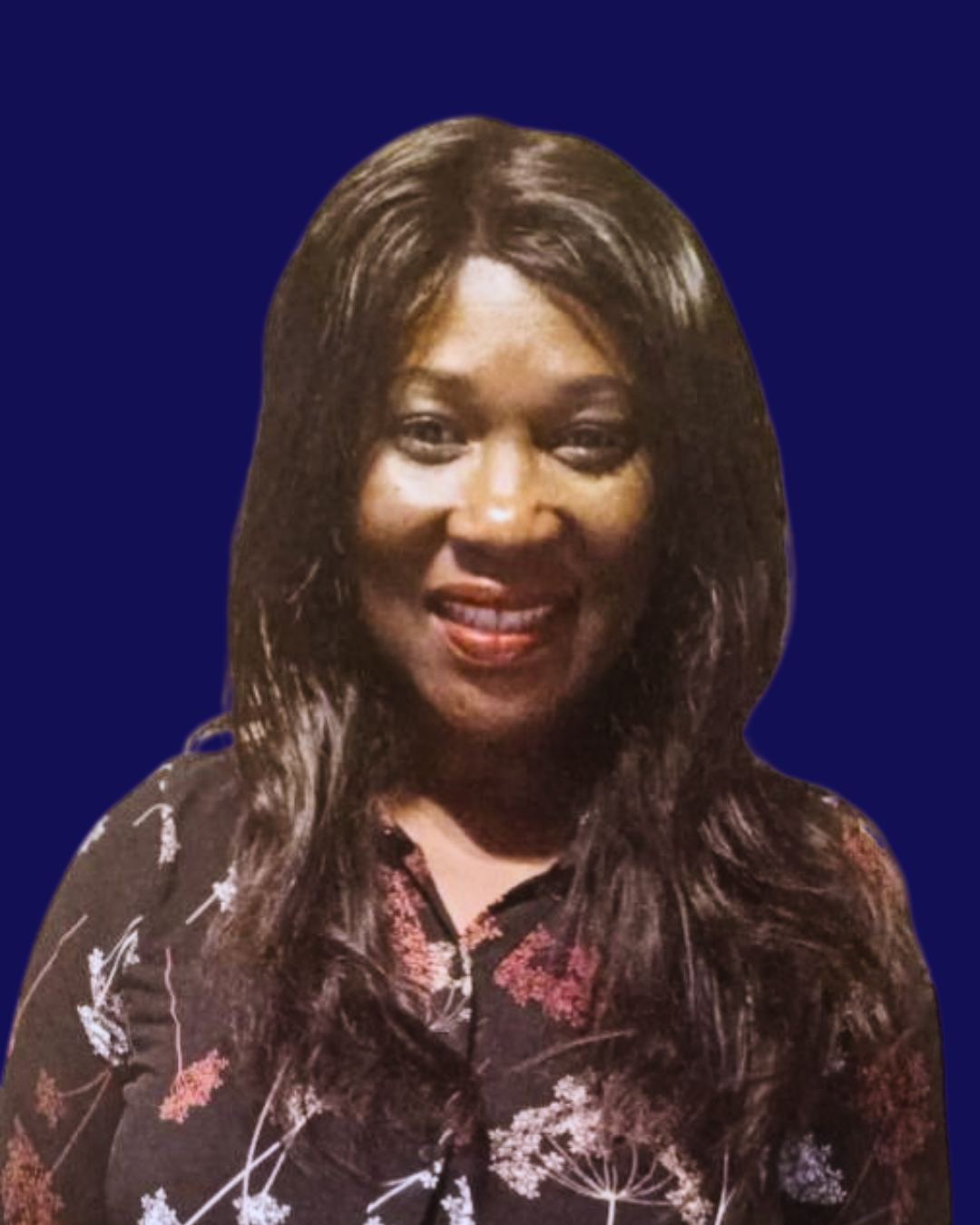A dozen Louisiana victims of police racism get $1,000 each month. The program is funded by a family that got rich off slavery
Participants in the unique program said the financial support helped, but symbolism of program was just as important, writes Josh Marcus


Each month, a dozen Louisiana residents get $1,000 in guaranteed income, thanks in part to a $1m donation by Deacon Leroy “Buck” Close and Gracie Close of South Carolina, descendants of a family that made much of its generational wealth from the labor of enslaved people.
The payments are part of a highly unique program, which launched last December, to address the ongoing impacts of America’s racist past and the present-day inequalities of its criminal justice system. The intiative stands out from a growing number of similar pilots by blending the ideas of universal basic income and reparations.
Janell Landry, 40, who lives outside of New Orleans, is one of the participants in a guaranteed monthly income pilot from the Louisiana ACLU’s Truth and Reconciliation Project.
She was held in prison in 2021 on flimsy obstruction of justice charges after she protested the Kenner Police Department’s initially warrantless search of her home for evidence on a nearby shooting.
Landry called 911 on September 11, 2020, when one of the teen victims of the shooting staggered up to her house bleeding. When officers arrived, they noticed a bullet had ricocheted off her car and into her house. During routine questioning, as she went to retrieve the paperwork for a set of firearms she legally possessed, police barged into her bedroom and began digging through her belongings.
Landry, who is Black, said she was used to seeing police mistreat people in her neighborhood on the outskirts of New Orleans, and often recorded the encounters. The state of Louisiana has been home to some of the country’s most high-profile cases of alleged police misconduct in recent years, including the fatal 2016 shooting of Alton Sterling in nearby Baton Rouge, which helped trigger national protests.

“I never felt like I could trust them, just knowing the things they’re doing, the things you see on the regular,” Landry told The Independent. “I’ll just start recording. They’re cursing people out. They’re threatening people. It’s horrible.”
Landry protested the search in Kenner and demanded officers get a warrant, a stance she said enraged the police even further. The Kenner officers left to seek a warrant, forcing her to stand outside in her pajamas for hours and not enter her home. During the eventual search, Landry said a detective made racist comments, asking questions like, “What is wrong with you people?” and “How are you people living?”
After the incident, she said police spent months calling her into the station, only for her to find there was no warrant yet for her arrest. In January of 2021, she was imprisoned for four days while pregnant for obstruction of justice. There, she was denied medicine for her heart and thyroid issues.
She later miscarried from the stress, and the charges hampered her ability to find work and gain a liquor license for an events business she was starting. She paid to have the charges expunged, though she’s still not sure why she was charged.

“What was obstructed?” she said. “I never found out.”
The Independent has contacted the Kenner PD for comment.
Landry told The Independent the $1000 monthly support from the program has helped her get back on her feet and open her now successful events business, but the program validating her experience is just as important.
“They gave you that voice,” she said. “Your voice is heard. That’s what is major for me.”
Both financial and moral support mean a lot in a state like Louisiana, one of the poorest in the country, which has the most prisoners per capita in the US and extremely low rates of success in civilian complaints against the police. In 2021, Black people were jailed in Louisiana at a rate twice their share of the population, while white people were under-represented by nearly the same proportion, according to the Prison Policy Initiative.
Participants in the income program reported double-digit percentage increases in the ability to cover a surprise $400 expense, eat sufficient food, and buy healthy groceries, according to survey data from the ACLU.
Slavery and racism casts a long shadow over the history of criminal justice in the US, and in particular the South, from the origins of many modern police departments in slave patrols, to the historical overlap between lynch mobs and legal executions.

“We really want people to understand this as something that is owed. It’s not a handout,” Maggy Baccinelli, senior director for philanthropy and community investment at the Louisiana ACLU, told The Independent. “It’s what is owed to Black people for the history of this country and the vestiges of slavery.”
This history is what inspired Buck and Gracie Close of South Carolina, who helped fund the program.
One of their ancestors, John Springs III, made his wealth in part from land worked by enslaved people, a fortune that’s supported the family ever since as they diversified into other businesses. Over time, the memory that this wealth had roots in slavery faded from the family story, even as the benefits of this fortune continued.
“For us, the benefits of slavery have not ended,” the Close family wrote in a Newsweek op-ed last year. “They are a very real part of our day-to-day lives. The institution of slavery allows us to have high incomes without having to work.”
After inquiring more about their family history, the Closes sought to take some of the resources they had gained from the institutions of slavery and transfer them to the people impacted by the vestiges of that same legacy. In addition to funding the $1,000-a-month transfer, the family’s donation also goes towards supporting counseling services, financial literacy courses, career help, and expungement assistance.
“People in similar positions as ourselves may be afraid to ask questions about their own history because they are afraid of the answers,” the family added in Newsweek. “But we have asked those questions and did not find anything to fear.”
The Louisiana program is the latest iteration of guaranteed income programs in the US, which have counted a surprisingly diverse group of supporters, ranging from Martin Luther King to Milton Friedman and Elon Musk. In recent years, the Covid pandemic, fears of automation, and widespread discussions of racism and equity in the wake of the Black Lives Matter movement have provided renewed momentum around such proposals, and an estimated 150 guaranteed income programs have been announced across the country since 2017, impacting nearly 60,000 people.

The ACLU guaranteed income program runs through this December, but participant Sandra Carr told The Independent more work needs to be done.
Carr endured a grueling, expensive journey of being passed between three judges, four public defenders, and two court systems fighting a false accusation of attacking her coworkers before it was dropped. It made her think about all the other people still in prison as a result of racist policing or unfair courts.
“This whole judicial system needs an overhaul,” she told The Independent. “What happens to me still impacts me, but at the same time, I’m thinking about the people that are in the system.”
Join our commenting forum
Join thought-provoking conversations, follow other Independent readers and see their replies
Comments
Bookmark popover
Removed from bookmarks